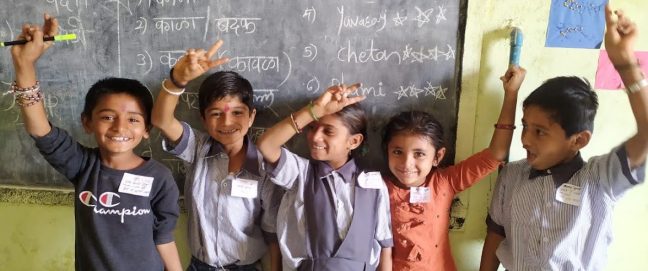Renowned author, philanthropy expert and principal of Decolonizing Wealth Project and Liberated Capital, Edgar Villanueva explains to guest editors Shonali Banerjee and Urvi Shriram* why truth, reconciliation and repair are key concepts in decolonising philanthropy
Shonali Banerjee: There is sometimes a disconnect between the conceptual debate and what decolonising philanthropy means in practice. How can we see on the ground what changes can be made?
 Edgar Villanueva.Credit: DWP
Edgar Villanueva.Credit: DWP
Edgar Villanueva: Decolonising philanthropy for me has both an intellectual and an emotional aspect, which is something that is often missing from conversations around equity. I think there are ready-to-go things we can use to begin the process of decolonisation then there are longer-term, more difficult things. We put out a journal last year called Money as Medicine to support funders thinking about how to decolonise wealth, taking seven steps to healing and applying those steps in family, community and at work. So it can seem complicated, but it’s also as simple as holding the mirror up and examining how colonial dynamics might be at play in your work. The second thing is to make space for those conversations and when you actually make that space, it becomes easy to see opportunities for movement. Decolonisation may feel radical but I don’t think it is. When you get into the work, it becomes an obvious, necessary step, it’s something we must do. I think this is modern philanthropy at its best and I encourage all funders to engage in the practice. When we are moving resources to community, there’s a lot involved and to do it without analysis or thought around how we might be perpetuating harm is philanthropic malpractice.
Subscribe now from only £45 a year!
This article is only available for our subscribers
Existing users can login here


